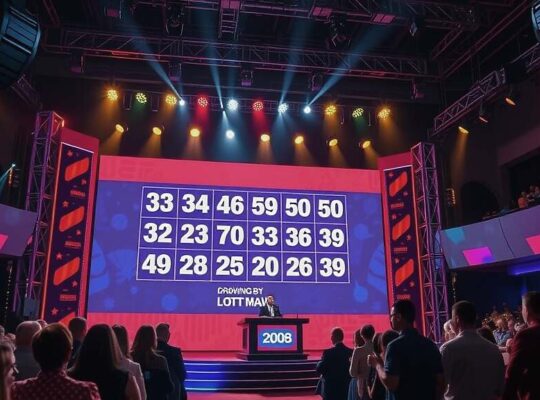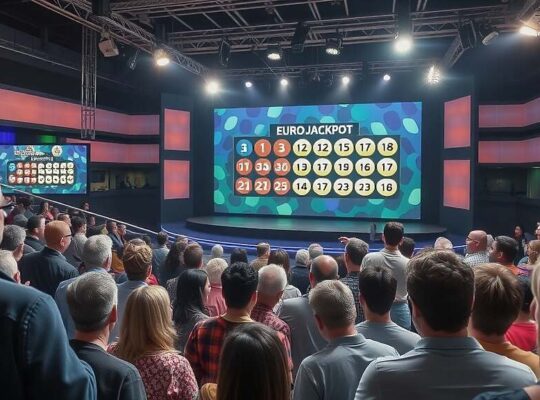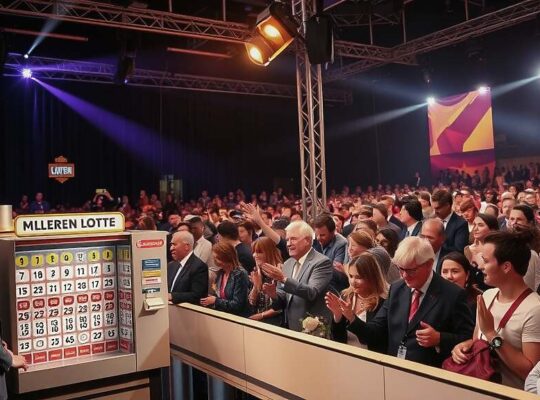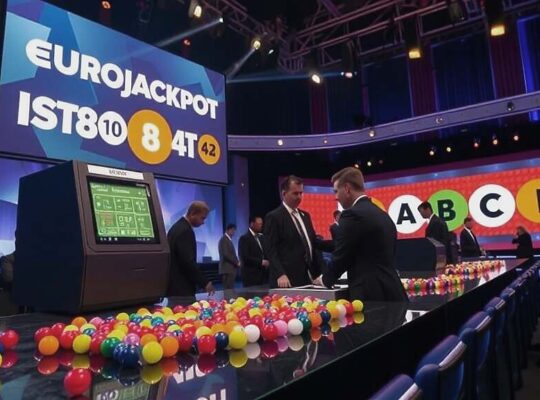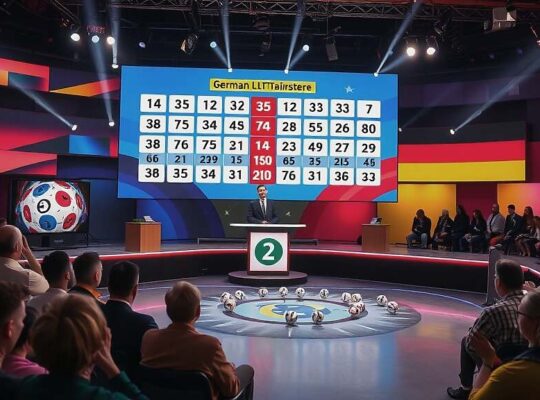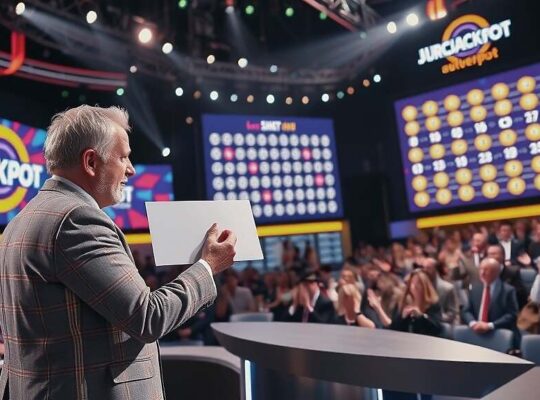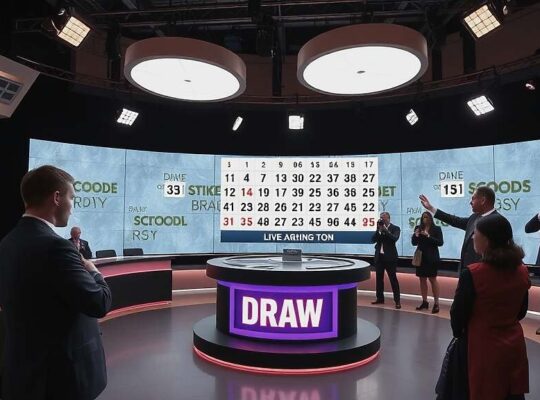The Lottery’s Allure and the Shifting Landscape of Public Funds
The latest draw of Germany’s flagship lottery, “6 aus 49” unfolded on Saturday evening, yielding winning numbers of 13, 17, 22, 23, 28 and 36, with a Superzahl of 1. The Spiel 77 yielded 8288122 and Super 6 produced 360144. While the potential jackpot of €5 million has ignited the usual wave of hopeful anticipation, the draw also provides a timely opportunity to examine the broader implications of state-sponsored gambling within Germany.
The odds of securing the full jackpot – correctly predicting six numbers and the Superzahl – remain staggeringly low, estimated at approximately 1 in 140 million. This monumental unlikelihood is routinely acknowledged by the Deutsche Lotto- und Totoblock (DLTB), which includes a mandatory warning about the addictive potential of gaming. However, the effectiveness and sincerity of this messaging remain a point of contention.
For years, the DLTB, a consortium of regional lotteries, has consistently generated significant revenue for the state. These funds are nominally earmarked for supporting sports, culture and charitable causes, a narrative meticulously cultivated through public relations campaigns. However, critics argue that the reliance on lottery proceeds represents a regressive form of taxation, disproportionately impacting lower-income households who are statistically more likely to participate.
“It’s a sleight of hand” argues economist Dr. Anneliese Richter. “The state presents the lottery as a benevolent benefactor, yet its very existence encourages a form of societal reliance on chance while simultaneously profiting from potential addiction.
The ongoing debate also centers on the ethical considerations of promoting gambling, regardless of the proclaimed charitable recipients. While the government maintains a firm grip on the lottery’s operation, calls for increased regulation and a more transparent accounting of lottery funds are growing.
Furthermore, the emergence of online gambling platforms and the increasing accessibility of international lottery options pose a challenge to the DLTB’s dominance. The state’s control over gambling revenue is not guaranteed and a failure to address concerns regarding responsible gaming and equitable distribution of funds could further erode public trust and ultimately jeopardise the long-term viability of this cornerstone of Germany’s state-funded initiatives. The latest jackpot, while offering the promise of a sudden windfall for a few, serves as a stark reminder of the wider, more complex issues surrounding state-controlled gambling in modern Germany.



